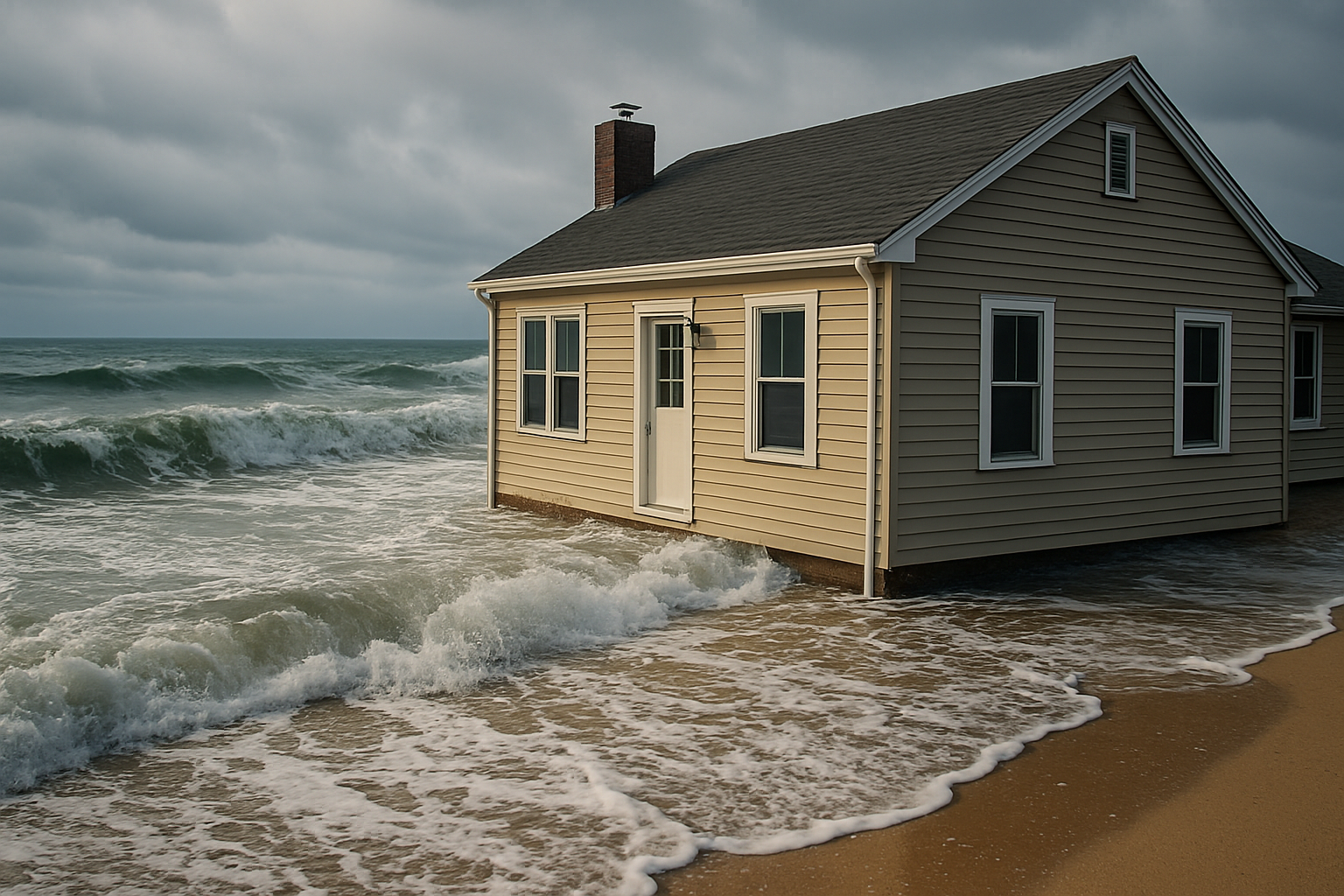Beach House Guide: Coastal, Waterfront Real Estate & Investment
A beach house blends lifestyle, scenery, and financial considerations into one distinctive property choice. Whether you picture morning walks along dunes, a waterfront deck that catches sunsets, or a second-home rental that funds maintenance, buying a coastal property requires balancing enjoyment with practical planning. This guide walks through the main factors—location, maintenance, insurance, zoning, and rental potential—so you can assess whether a beach house fits your goals and budget while understanding how it differs from other real estate decisions.

What makes a beach house desirable?
Desirability comes from both tangible and intangible factors. A beach house offers direct access to water, views, outdoor living, and proximity to local services such as marinas or coastal dining. Natural features—sand quality, tidal patterns, and erosion risk—affect long-term enjoyment and resale value. Amenities like private beach access, elevated construction, and storm-resistant windows improve livability. Seasonal demand can boost rental income but also bring crowds and higher maintenance. Think about lifestyle priorities: quiet solitude, community events, or active water sports; each influences which properties stand out.
How to evaluate a coastal property?
Evaluating a coastal property involves inspection beyond standard home checks. Examine foundation elevation, seawall integrity, and signs of salt corrosion on metal elements. Ask about recent flood history, erosion reports, and any planned coastal projects that could change shoreline dynamics. Review local building codes for elevation and hurricane standards, and obtain a professional inspection that includes roof, HVAC, and moisture testing. Consider accessibility—is the road to the property reliable year-round? Engage local services for legal title searches and to confirm any easements that affect beachfront usage.
What do buyers need to know about real estate specifics?
Real estate transactions for a beach house often include specialized disclosures and insurance requirements. Flood zones and coastal overlays can affect mortgage availability, insurance premiums, and permitted uses. Work with an agent experienced in waterfront deals who can advise on comparable sales, local market seasonality, and tax implications. Consider whether the property is in a homeowner association with rules on rentals, exterior changes, or preservation. Lender underwriting may require higher down payments in certain coastal areas, so get pre-approval and clarify any lender requirements early.
Why waterfront location matters for value and living?
A waterfront location can substantially increase property value and desirability, but it also brings unique trade-offs. Direct waterfront properties typically command premium prices and steady buyer interest, yet they face erosion risk, stricter permitting, and potentially higher repair costs from salt, wind, and storms. Even properties one or two streets back can retain attractive water views and lower exposure to tidal impacts. Assess how close the shoreline is projected to remain over decades and whether public access or private shoreline rights could alter the experience or value of the property.
Is a beach house a good long-term investment?
A beach house can be a strong investment if you align purchase decisions with market realities. Rental income can offset carrying costs in high-demand coastal markets, but seasonality, local rental regulations, and management overhead reduce net returns. Long-term appreciation depends on location stability, infrastructure, and climate resilience. Factor in ongoing costs—insurance, maintenance, and potential retrofits for rising sea levels or stronger storms—when projecting returns. Diversifying by choosing areas with robust local economies and year‑round appeal can make a waterfront or coastal property investment more resilient.
A beach house offers a unique combination of lifestyle and financial considerations. Successful ownership starts with thorough due diligence: assess physical risks, confirm regulatory and insurance landscapes, work with experienced local services, and realistically estimate maintenance and operating costs. Whether you buy primarily for personal enjoyment, rental income, or long-term appreciation, understanding how coastal dynamics influence value will lead to more informed decisions and a property that better fits your priorities.






